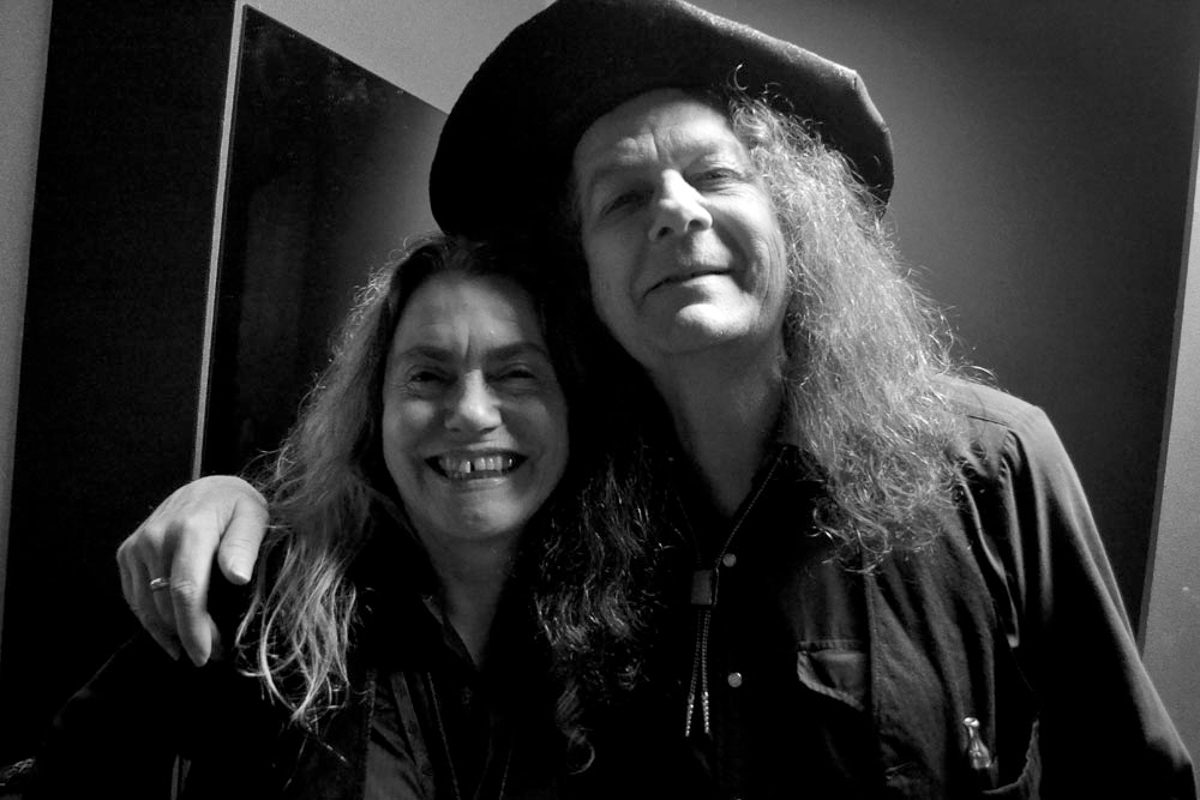Our Radio Bristol DJs are a diverse bunch – and they like a huge variety of musical genres and artists. In our “Off the Record” posts, we ask one of them to tell us all about a song, record or artist they love.
“This is my chance, this is my life
And my opening hour
This is my choice, this is my voice
There may be no tomorrow
This is my plea, this is my need
This is my time for standing free
This is my step, this is my depth
In a world demanding of me
But it’s okay…”
My memory of the first time Fred Cole impacted my sense of hearing, stirred me emotionally, and forever won my allegiance as a fan is tied to the lyrics to the final verse of the Dead Moon song “It’s OK,” although these lyrics are usually sung by wife Toody. I can’t specifically pinpoint that moment – it was sometime in my very early twenties – but I remember knowing that I had just uncovered something special. Known historically as something of a garage rock guru (he was there at the genesis and never strayed throughout the rest of his life), Fred Cole was my instant choice when I was asked to write an “Off the Record” blog post to coincide with the launch of my new Radio Bristol show Scotty’s Tune Up, which launched yesterday and is focused on this genre.
Frederick Lee Cole was born on August 28,, 1948 in Washington state – and his musical story is one worth knowing. At some point over the next 15 to 16 years, he made his way to Las Vegas, Nevada, where he began his music career as a member of several bands, including the Barracudas, the Little Red Roosters, and the Lords, a group he joined in 1964 and which was the first band where he would gain real tangible experience. He also played shows as a solo R & B artist at the age of 15 under the moniker of “Deep Soul Cole” – indeed, he was touted as “the white Stevie Wonder.” A pretty impressive résumé at that age!
In 1966 Cole joined up with a crew of peers that became known as The Weeds. His tumultuous tenure with The Weeds brought more opportunities for shows and records; a later management switch resulted in a record deal with UNI Records and a name change to The Lollipop Shoppe. This is when most people agree that Cole’s music career solidified and began earning recognition. It was also during this time, in the late 1960s, that Cole met a young lady named Toody Conner who was working at a club in Portland called the Folk Singer. This meeting became very significant, to say the least.
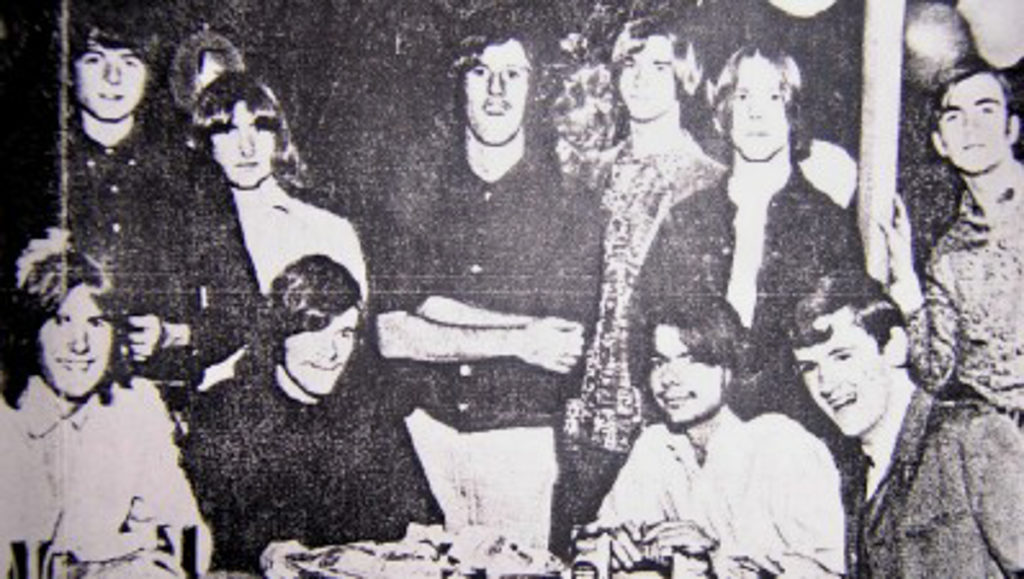
Cole and Conner married in 1967. After the breakup of The Lollipop Shoppe in 1969, followed by some short stints in the Yukon and Los Angeles, they ended up settling in Portland, Oregon, with their two young children sometime in 1971 or 1972. There they opened an instrument shop called Captain Whizeagle’s. Captain Whizeagle’s would also grow to become a record label, which put out Cole’s new band Zipper’s record in 1974 as its first release.
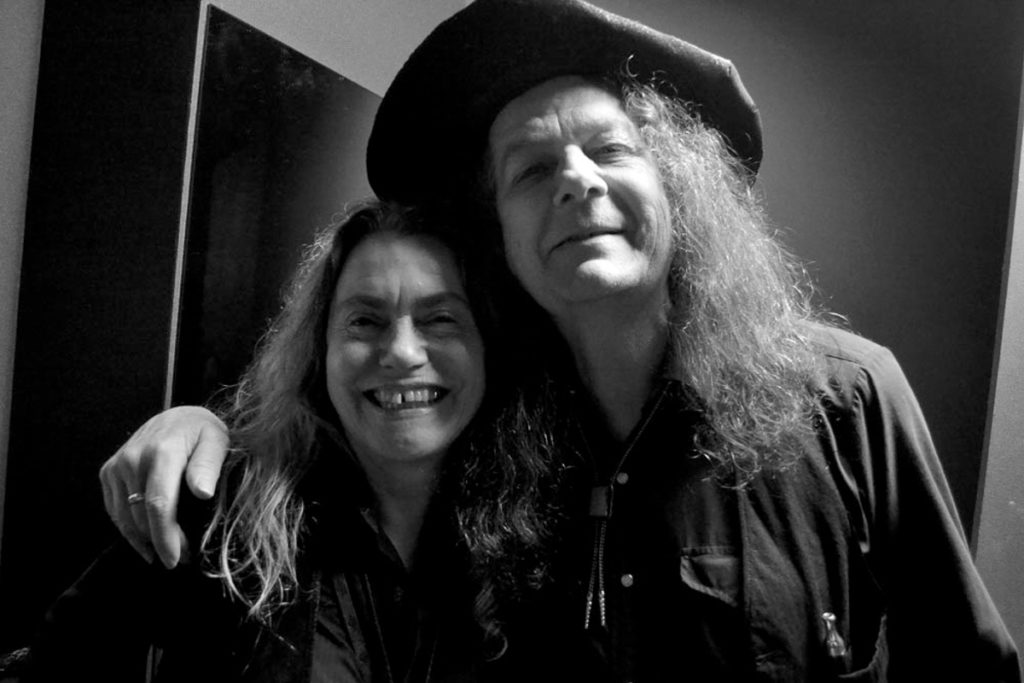
In 1979 Cole and Conner became more than just spouses when he recruited Toody as bassist and co-vocalist in a new musical project – The Rats were born! The Rats played together for about four years, and then the couple went on to start a new project in 1985 called The Western Front, which was a country & western-inspired punk rock sound. By this time they had moved Captain Whizeagle’s outside of Portland to a town called Clackamas where the shop and label became known as Tombstone Music. Around this time, they also put together another short-lived western-sounding project called the Range Rats – it was pretty simple, just the two of them and a drum machine.
Once the Range Rats had run their course, Cole and Conner met a local bartender and drummer named Andrew Loomis. Their first attempt together at a similar country & western rock sound did not work out, but later on they decided to give it another go, creating Dead Moon in 1987. For the next two decades, this mighty trio played some of the most sincere and fiery rock & roll ever summoned and developed a huge cult following starting in the Pacific Northwest and spreading all over the world. Dead Moon always stayed true to the underground philosophy that propelled them, but something changed in late 2006. After a couple of months on tour in Europe, the band returned to the United States, cancelled their upcoming tour dates, and announced retirement after 20 years.
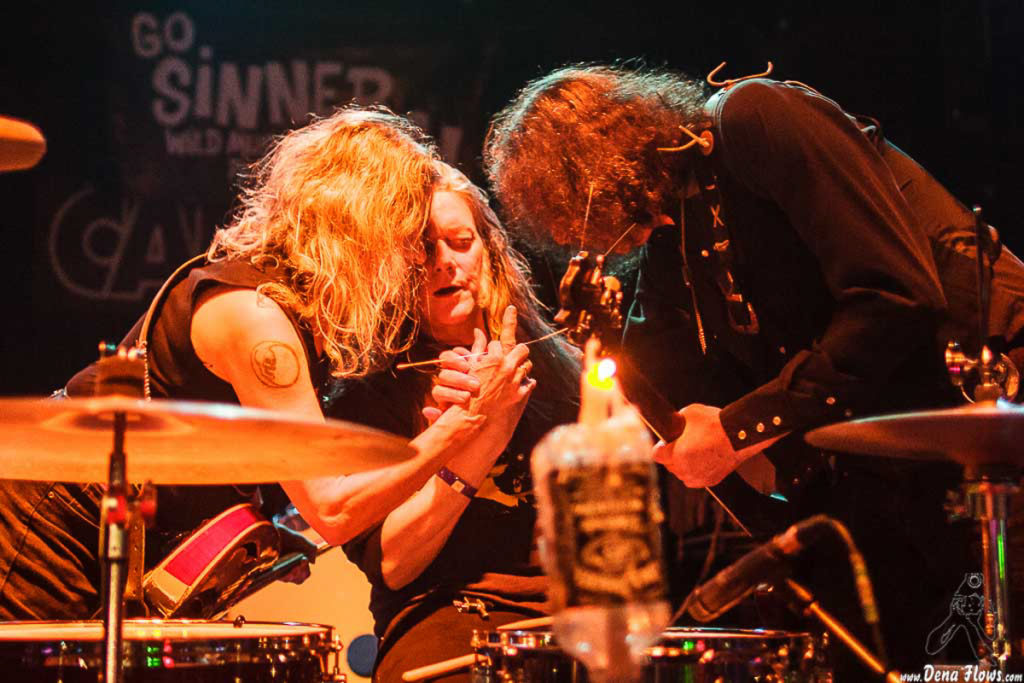
I was lucky enough to see Dead Moon live a few times over the years, always in very small venues. Cole and Conner would always be sitting at the bar talking to all comers, while Andrew ran wild causing seemingly good-natured mischief. They even remembered my name as time passed and the cities changed for the shows I attended. This memory and connection to their fans was yet one more reason to love them.
Thankfully, Dead Moon’s retirement was not the end of the story. In May 2007 a new drummer, Kelly Halliburton, was introduced, and they started playing shows under the name Pierced Arrows. They continued to play together until 2016. Dead Moon (with Loomis) also began playing select reunion shows for a while.
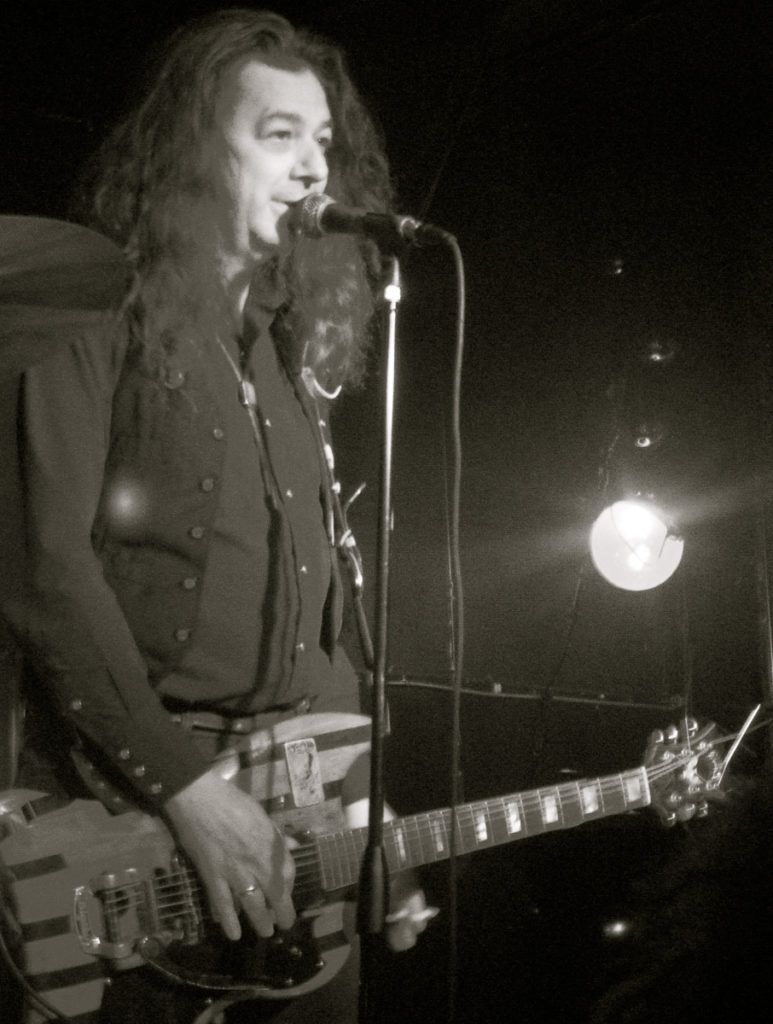
One of the main things that I immediately admired about Fred Cole was his true DIY ethos. He exhibited a level of commitment to his craft that is rarely seen – from starting and keeping a music shop and label going for so long, touring relentlessly past an age that most would have quit, and recording and cutting a mono master to lacquer on a lathe that Conner had gifted to Cole (and was coincidentally the same machine used to cut the original master of “Louie, Louie”!). The world lost Dead Moon drummer Andrew Loomis on March 8, 2016 to health complications after a long fight with lymphoma. Fred Cole died November 9, 2017 from kidney disease at the age of 69. Toody Conner continues to carry the torch – or candle melted on the bottom of a whiskey bottle as the case may be – and is involved in the release of a 2 x LP and book retrospective set later this summer. Of course, I pre-ordered my copy months ago.
There’s so much more I could say about Fred Cole’s discography and history, and about how much his music has meant to me, but my goal for this blog has been to provide just enough of his story to pique your interest so that you can decide to explore Fred’s musical story on your own and learn more! To help you on your way, check out this Spotify playlist for some of my personally recommended Fred Cole music. I have certainly enjoyed my time with Fred’s tunes and have no plans to stop listening!
And finally to see Dead Moon in action, the video below is of them playing at Knoxville’s Pilot Light in 2011. I actually attended this show and can be seen in the second row back…


